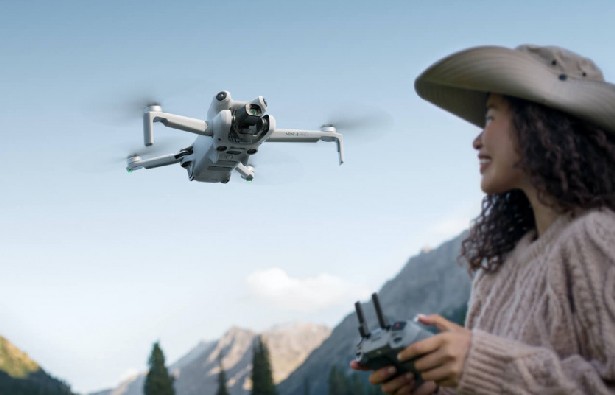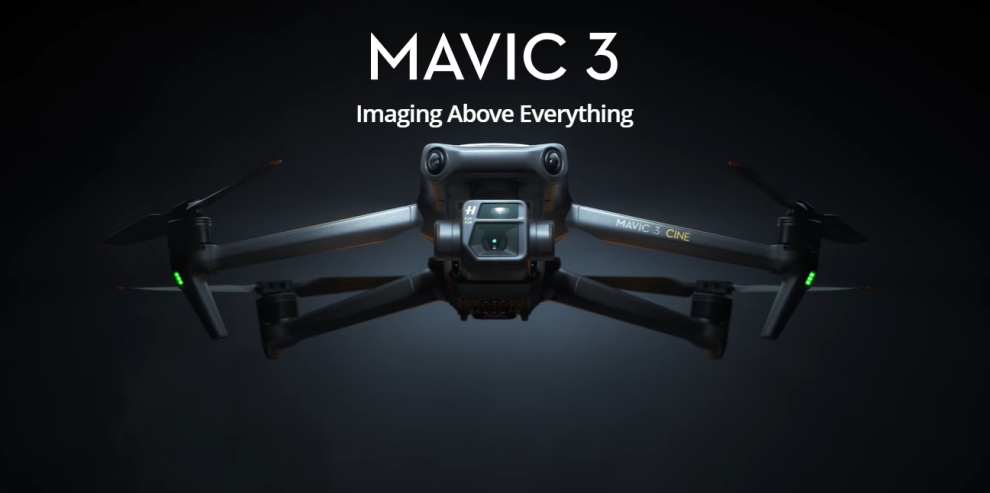The US House of Representatives has narrowly passed the “Countering CCP Drones Act,” effectively banning the sale of new DJI drones within the United States. This legislation, fueled by national security concerns surrounding the Chinese tech giant, has ignited a firestorm of debate. But before packing away your DJI Mavic, let’s delve deeper into what this vote means and what the future holds.
- Data Security Risks: Fears exist that DJI drones could be collecting and transmitting sensitive data about critical infrastructure and military installations back to China. The potential for espionage or targeted attacks fuels these anxieties.
- Cybersecurity Vulnerabilities: Lawmakers worry that potential vulnerabilities in DJI software or hardware could be exploited for malicious purposes, potentially allowing attackers to take control of drones or manipulate flight data.
- Military Applications: The use of DJI drones by some Chinese military forces raises concerns that the technology could be used for similar purposes within the US.
The Other Side of the Coin: Industry Concerns and Consumer Frustration
The proposed ban has drawn criticism from various stakeholders. Here’s a breakdown of the opposing viewpoints:
- Industry Impact: Drone manufacturers and retailers fear the ban will stifle innovation and harm the American drone industry. Additionally, some argue that the ban unfairly targets DJI without addressing similar concerns with drones made by other countries.
- Consumer Frustration: Many hobbyists and professional drone users rely on DJI products for their affordability, user-friendliness, and advanced features. A ban would limit their options and potentially force them to switch to less familiar or reliable alternatives.
- Limited Impact on National Security: Critics argue that the ban might be an overly broad solution. They suggest focusing on robust cybersecurity measures and stricter regulations on drone usage, rather than a complete ban on specific brands.

The Road Ahead: The Senate Vote and Potential Outcomes
The House vote is just the first hurdle. The bill now moves to the Senate, where it will undergo further debate and potential modifications. Here are some possible scenarios:
- Full Senate Passage: If the Senate approves the bill in its current form, the sale of new DJI drones will be prohibited in the US. Existing DJI drones would likely still be allowed to operate, but future purchases would be restricted.
- Senate Amendments: The Senate might choose to modify the bill, potentially narrowing the scope of the ban or focusing on stricter regulations for all drone manufacturers instead of a complete ban on DJI products.
- Bill Stalls or Dies: It’s also possible that the bill won’t garner enough support in the Senate and will be stalled or ultimately defeated.
Beyond the Ban: The Future of Drones in the US
Regardless of the outcome with the “Countering CCP Drones Act,” the issue of drone security and regulation is likely to remain at the forefront. Here are some potential future developments:
- Increased Scrutiny of All Drone Manufacturers: Even if the DJI ban doesn’t pass, the concerns surrounding Chinese technology could lead to increased scrutiny of all drone manufacturers, potentially leading to stricter security standards across the board.
- Focus on Cybersecurity Measures: The focus might shift towards cybersecurity solutions that secure drone communication channels and mitigate the risk of data breaches or malicious hacking attempts.
- Drone Registration and Regulations: More robust drone registration and regulation systems could be implemented to monitor drone usage and ensure compliance with safety and security protocols.
The Final Word: A Call for Balance
The proposed DJI ban sparks a critical conversation about balancing national security concerns with innovation and consumer choice. As the debate unfolds, a solution that prioritizes security without stifling technological advancement or unfairly impacting legitimate drone users is essential. The future of drones in the US hinges on finding a way to ensure safe and secure skies while fostering innovation in this burgeoning industry.
















Add Comment